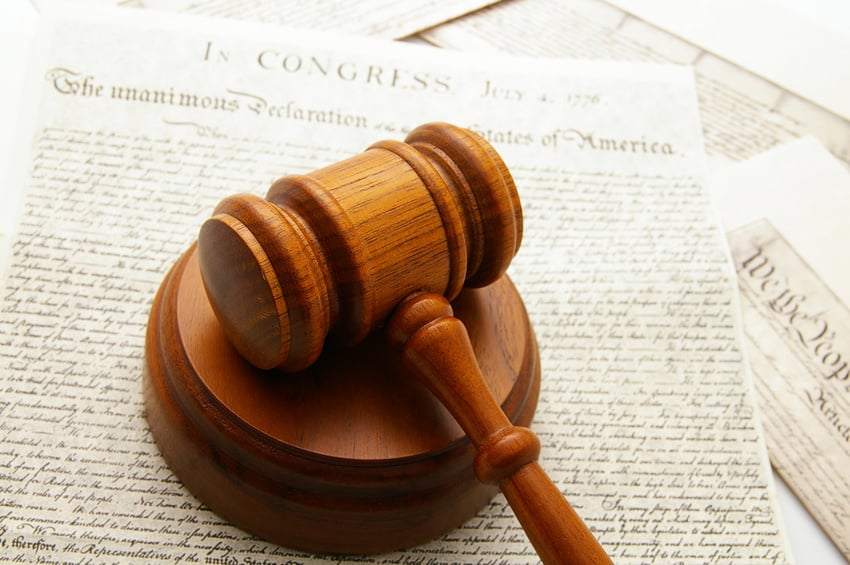On 1 July 2015, the Organic Law 7/2015 entered into force, which amends the Spanish Criminal Code, introducing, among others, major changes in the IP rights field.
As to copyright-related crimes, the regulation criminalizes the following new behaviors:
(i) The economic exploitation through any means and medium of copyright protected works, with the aim of obtaining a direct or indirect benefit, and without the permission of the respective copyright holders. Since demonstrating a profit-making purpose is usually one of the most difficult issues when dealing with these type of infringements, this concept has been reconsidered, so that an “indirect benefit” is enough in order to commit this kind of crimes. Therefore, we anticipate that infringing websites which do not charge users but indirectly profit from advertising revenues are likely to fall within the newly included concept.
(ii) the provision or localization carried out by websites which redirect internet users through hyperlinks to protected non-authorized works which are available for free on the Internet. It is noteworthy to say that the amendment requires the website carrying out this kind of activities to assume a “non-neutral” and “active role” in performing these unauthorized acts, although it does not define this concept. Therefore, we will have to wait until future case law clarifies the scope and meaning of this provision. The penalties available for the above offences (i) and (ii) are increased from six months to four years, and from one year to six years for aggravated crimes. However, the penalty for selling infringing copies on the street is reduced. In addition, the amendment includes the possibility to remove the infringing content from the website and even to block the service, when previously ordered by a Spanish Court.
(iii) circumvention or neutralization of technological measures: in this case, the penalties consist of imprisonment between six months and three years.
As per the offenses against industrial property rights (patents, utility models, trademarks, trade names, designs rights), the amendment does not establish new prohibited behaviors, but increases penalties in the same manner as for copyright-related offences mentioned above.



